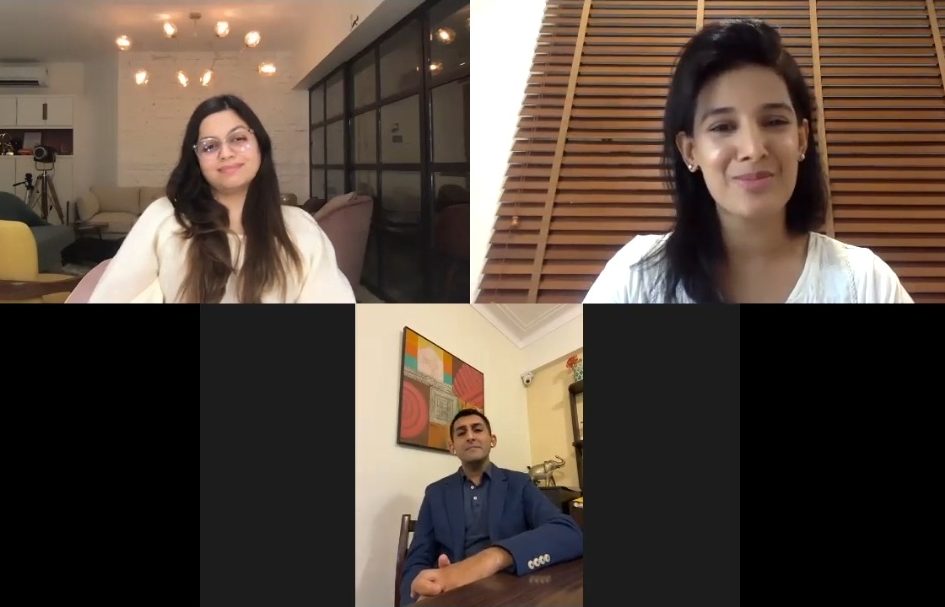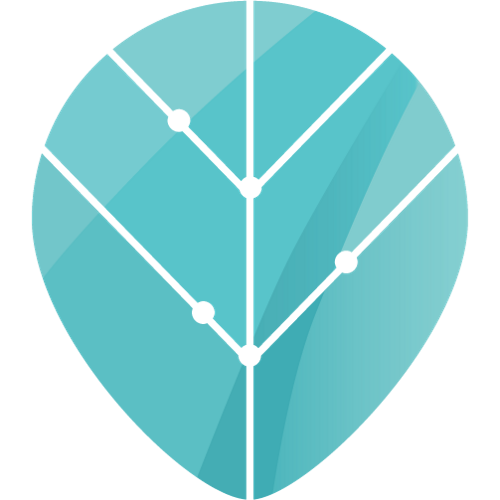How are you? An innocuous enough question and most of us spontaneously respond, “I’m fine,” almost without thinking. But are we really fine? Author Shaheen Bhatt and Thrive Global (India) General Manager Dr. Marcus Ranney conversed on mental well-being in ‘I’m (Not) Fine’, a talk organised on 4 July 2020 by Mind Over Miles. The session was moderated by Malika Singh.
During the 45-minute talk, Bhatt, the author of I’ve Never Been (Un)Happier, shared her experiences of living with and surviving depression. Dr Ranney discussed symptoms, triggers, fallouts and the science behind the disease.
According to the National Mental Health Survey 2015-16, close to 15 per cent Indian adults need active intervention for one or more mental health issues and one in 20 Indians suffers from depression.
Opening the discussion, Singh focussed on the increasing instances of panic attacks and bouts of anxiety during the Covid-19 pandemic and the growing need for mental health care. “As per the World Health Organization,” she added, “it is estimated that around 60 million people in India suffer from depression and over 50 million from anxiety.”

The tell-tale signs
Calling mental health “a spectrum” of diseases, Dr Ranney said that it can manifest in different ways. “On an emotional level, one can experience significant feelings of emptiness, sadness, anger, aggression and hopelessness.”
“On the mental level, there is apathy, alteration in the ability to focus and general cognitive capability, inability to find pleasure in the things that were once interesting,” he described. “On the physical level, it can alter sleep and diet, and cause headaches and fatigue.”
“I’ve dealt with depression since I was 12,” said Bhatt, sharing how she has been dealing with it for 20 years now, experiencing a complete sense of hopelessness, chronic pain and fatigue. The two most tell-tale signs for her have been “severe insomnia and binge eating”. Describing the “vicious circle” that she found hard to figure out at first, she said it took her about five years to realise the need for therapy. “This was not just a bad day or week. It didn’t go away!”
Our lives would not be so colourful without experiencing sadness. It is part and parcel of the ebb and flow of life.
Dr Marcus Ranney
Differentiate between sadness and depression
“It is natural to have low moods,” Dr Ranney said. “Our lives would not be so colourful without experiencing sadness. It is part and parcel of the ebb and flow of life.” Upsetting events happen to everyone, however, if you’re feeling down or hopeless on a regular basis, over three to five weeks, you could be dealing with depression and should seek help, he advised. If the symptoms start creeping into your family life, work, ability to sleep or exercise, it is time to reach out to someone.
From an extrovert, I became reserved, my personality changed drastically.
Shaheen Bhatt
There is help
For Bhatt, the signs were in her sleep patterns and food primarily. “From an extrovert, I became reserved, my personality changed drastically, I gained weight and the bouts became progressively psychological and certain things triggered it.”
That you tend to hide, or put on a mask and pretend to be okay are hallmarks of the disease, she said, adding that this makes it all the more difficult for loved ones to spot.
“If you’ve got a headache, you do pop a pill. But despite all the evidence that suggests depression is a physical disease as much as a mental one, individuals tend to see it as a personal failure or defeat of some sort,” said Dr Ranney calling for more awareness.
Watch out for triggers
A bout of depression can be set off by anything, from substance abuse to low self-esteem or being self-critical, personal history of mental illness, certain medications (beta-blockers, steroids, hormonal drugs, statins) or even stressful events such as loss of a loved one, economic problems, or a divorce, said Dr Ranney. Sometimes even physical ailments such as thyroid problems or a vitamin D deficiency can trigger symptoms of depression as do some chronic diseases (diabetes, cardiovascular disease, cancers).
Myth vs reality
Pointing out that depression is not a choice that can be avoided by “sheer force of will”, Bhatt said: “I can’t ‘choose’ to not feel that way. Why would I choose to be miserable?”
“Every other physical illness is controlled by the brain. Why is it so hard to imagine that this regulatory organ affects the mind too,” she added.
“If we look back,” Dr Ranney agreed, “there are references to melancholia even in 5 BC. Our ability to classify the disease has become stronger. We now know that a neurochemical imbalance causes it. With advances in chemistry, we’ve understood how it affects people on a sub-cellular level too.” He pointed out to research conducted by Dr. Leanne Williams at Stanford Medicine through which we now know that depression and anxiety have detectable biology, and that there are eight distinct subtypes of depression and anxiety she calls biotypes. Each of the four primary biotypes (out of the total eight) is different and based on the unique thoughts and behaviours they express—Rumination, Negative Bias, Emotional Numbness, and Anxious Avoidance. Today treatment can be personalised both in medication and therapy according to these biotypes, said Dr Ranney.
Finding solutions
Reassurance from her loved ones was the rock Bhatt held on to. “What worked the most for me was my family telling me that there was nothing wrong with me. You are not broken, they said. That helped me accept it and prompted me to take therapy and medication (something she had resisted until then).”
Acknowledging that mental health issues affect the ability to give or receive love, Bhatt has worked out a solution to communicate with her family. “Over the years, I’ve developed a shorthand to let my family know how I’m doing. I say, ‘The weather is bad today,’ and they do their best to support. They are around (more often) and check in on me regularly (in those times).”
“As Arianna (Huffington) says often: ‘Put on your own oxygen mask first.’ So self-care, seven to eight hours of sleep, good food, hydration, 30 minutes of movement, keeping a gratitude journal help,” Dr Ranney said touching upon the Thrive Microsteps.
For Bhatt, journalling (helped find patterns and trigger), adequate sleep, exercise and having pets around “really helps” prolong the periods of good.
Mental health conditions, if left untreated, can cause complications such as:
- weight gain or loss
- physical pain
- substance use problems
- panic attacks
- relationship problems
- social isolation
- suicidal thoughts
- self-harm
Reach out for professional help if you or someone close to you is showing signs of mental illness. Sometimes it is okay to be not okay and voicing it!


